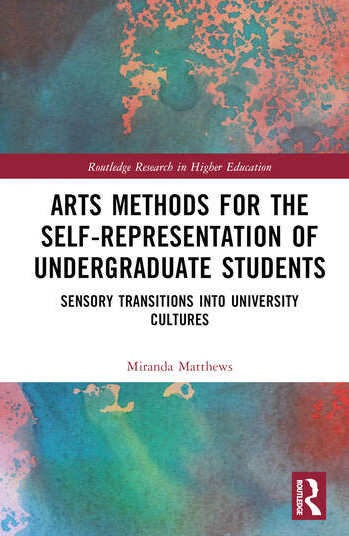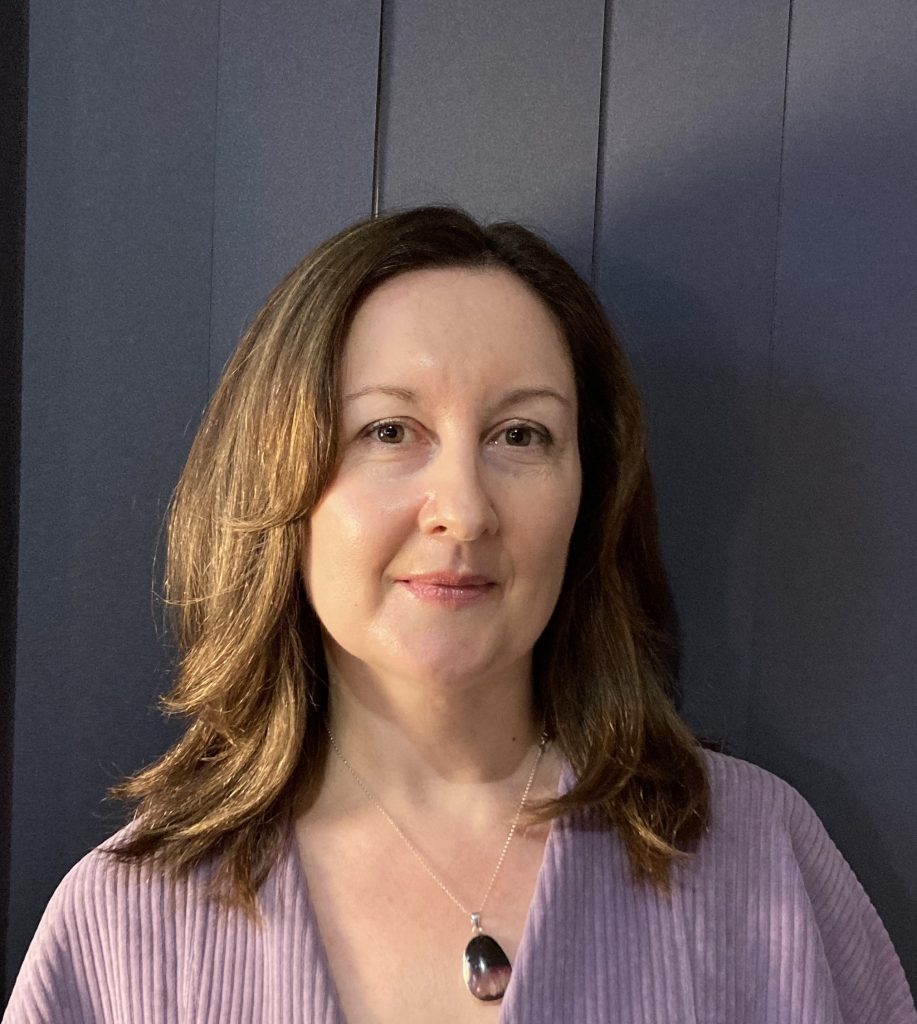Starting university can be a time of excitement, adventure and meeting people who will become friends for life. However for some it is a time of anxiety and difficulty, worrying about how to connect with other students, and which aspects of self to present, while learning how to build new study skills. This new book connects with the experiences of underrepresented groups starting at university, and offers insights into how arts methods can help sensory transitions into belonging in university cultures.
Arts Methods for the Self-Representation of Undergraduate Students begins with chapters that introduce and theorise the issues that first-generation, working-class, low income, women and people of colour in particular encounter, when transitioning from their lives before study. This research finds that university transitions are still often loaded with aspirations towards raising social class, masking working class cultural identifications, and their intersectional relations with being racialised as a person of colour, or complexities of gender experiences. In this book, Dr Miranda Matthews speaks with people of colour, academics who were first generation students, and their allies. The book explores how the sensory assemblages of arts methods help students to express and celebrate their fluid identities and dimensionalities.
When a student’s primary language is not the main language of study, as for Welsh undergraduate students, there is additional work to do in finding ways of feeling at home at university. There may be mature students, with families, who are commuting in to campus and find it difficult to connect with the cultures they are being invited to participate in. In all areas of the UK, there are care leavers who require additional support. These students often do not have what Dr Matthews terms the ‘affective distancing’ that is formed in independent schools, such as boarding schools, and which helps to locate a confident sense of self that can be independent at university (Matthews 2023).
This book presents research gathered among arts educators, and lecturers in the social sciences and humanities who are working at ten universities in the four nations of the UK: that is in Wales, England, Scotland and Northern Ireland. All the research participants work with arts methods that assist a sense of belonging at university. They connect with the social, emotional and environmental factors that can present as a kind of ‘culture shock’ if these factors are not anticipated and creatively addressed.
Arts Methods for the Self-Representation of Undergraduate Students offers practical approaches to integrating arts methods in taught programme content; also exploring how meeting points for self-representation are created in extracurricular arts practice. In the case studies discussed, arts methods connect with the value for students’ prior cultural lived experiences, as they map ways of taking in new knowledges. However the playful, sociable, warm and nurturing qualities of arts practice, within and beyond formal learning, are also found to be vitally important.
At a time when the arts are becoming increasingly minoritised in schools, this books shows how arts practice can cross disciplines, enable self-confidence, increase peer connections, build study skills, and support caring provision for student wellbeing.
The book centralises the experiences of minoritised groups, and there is also a chapter on how creative student-led societies, at a sample of thirty universities in the UK, celebrate diversity, and make new friendship groups.

Arts Methods for the Self-Representation of Undergraduate Students is intended for everyone who is interested in how students bond with university cultures. This book aims to open narratives for reflecting on how arts methods can become accessible for all, as students move between many worlds of identity, culture, university life and graduate opportunities.
Find out more about this new book at Routledge.
Dr. Miranda Matthews is an artist, writer, arts educator and researcher. Miranda researches issues of self-representation, agency and inclusivity for students and practitioners. She also researches inclusive voice in ecological practice research. Miranda worked as an artist and then as a teacher of art, working in schools and colleges for ten years (2004-14). Miranda has a PhD in Educational Studies (2012, Goldsmiths, University of London). She has taught in Higher Education in the UK since 2011, and became a member of Goldsmiths Educational Studies Faculty in 2016. Miranda Matthews is currently Head of the Centre for Arts and Learning at Goldsmiths, University of London (2019- ); she is also Associate Head of School for Student Experience in Professional Studies, Science and Technology (2023-2025).

Email: m.matthews@gold.ac.uk
LinkedIn: https://www.linkedin.com/in/miranda-matthews-b6bb4088
Twitter: @randamaths & @artsNlearning
Instagram: @artsnlearning & @mirandamatthews

